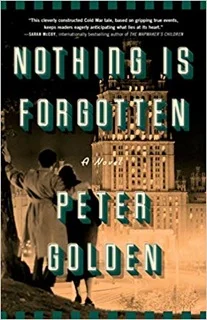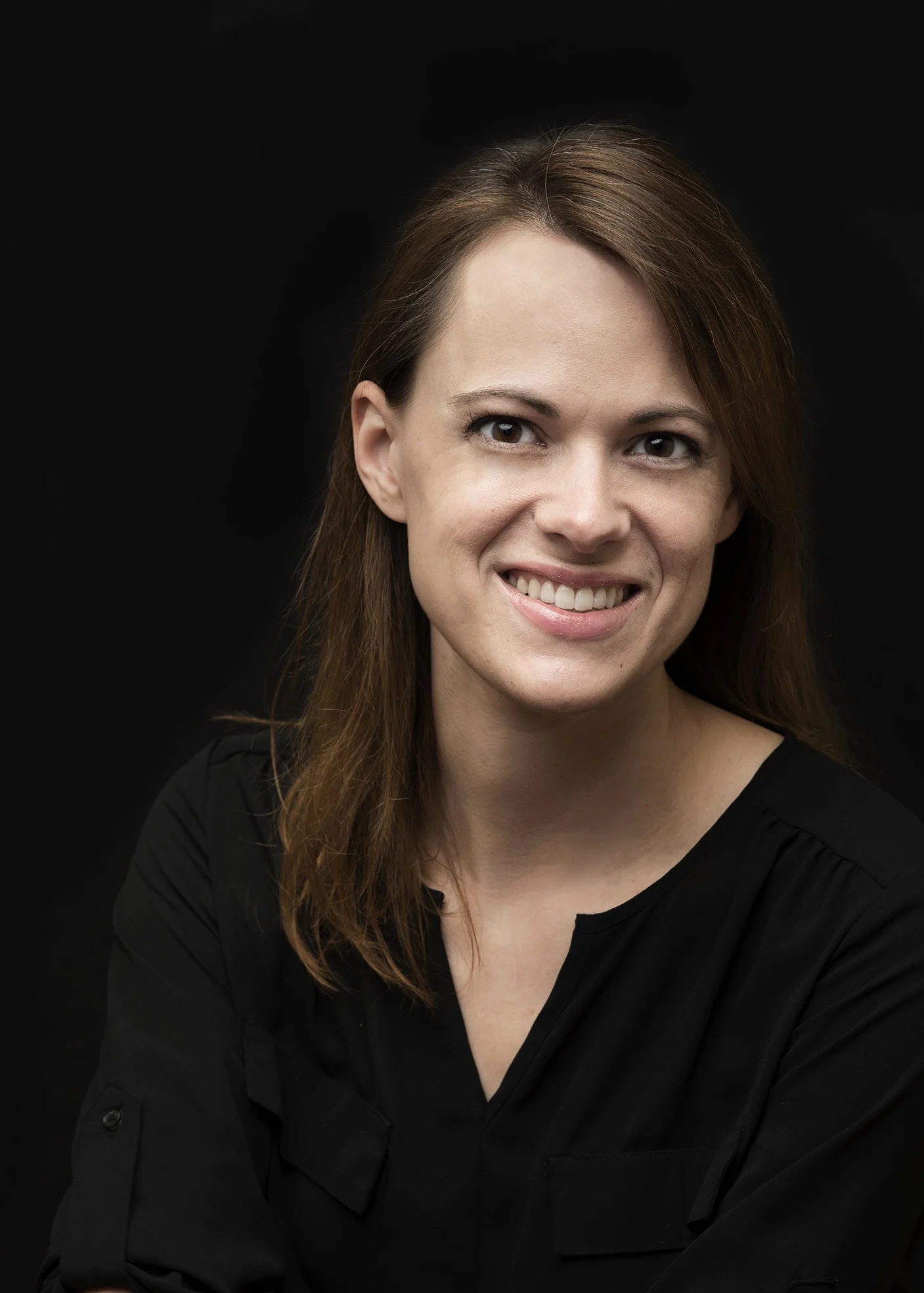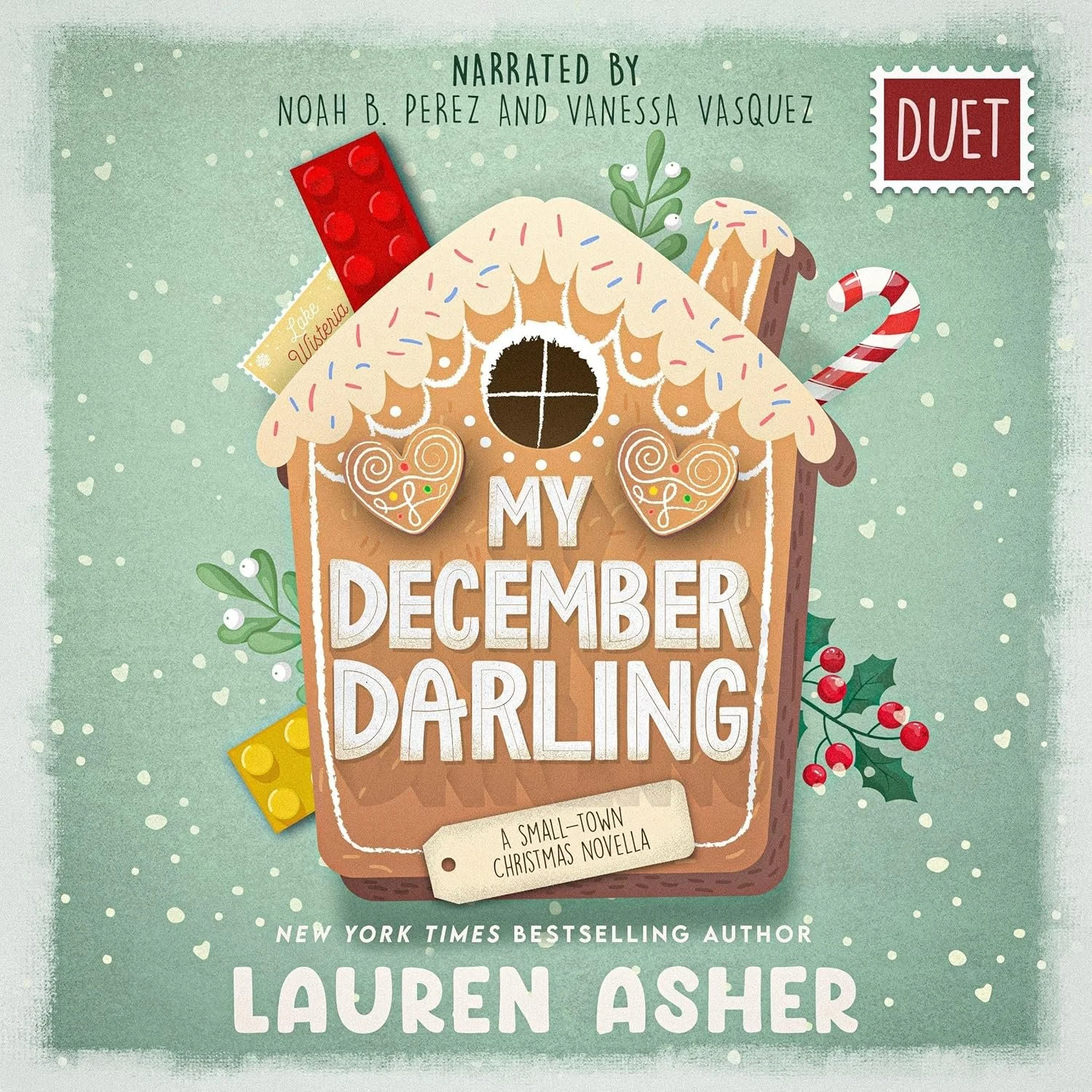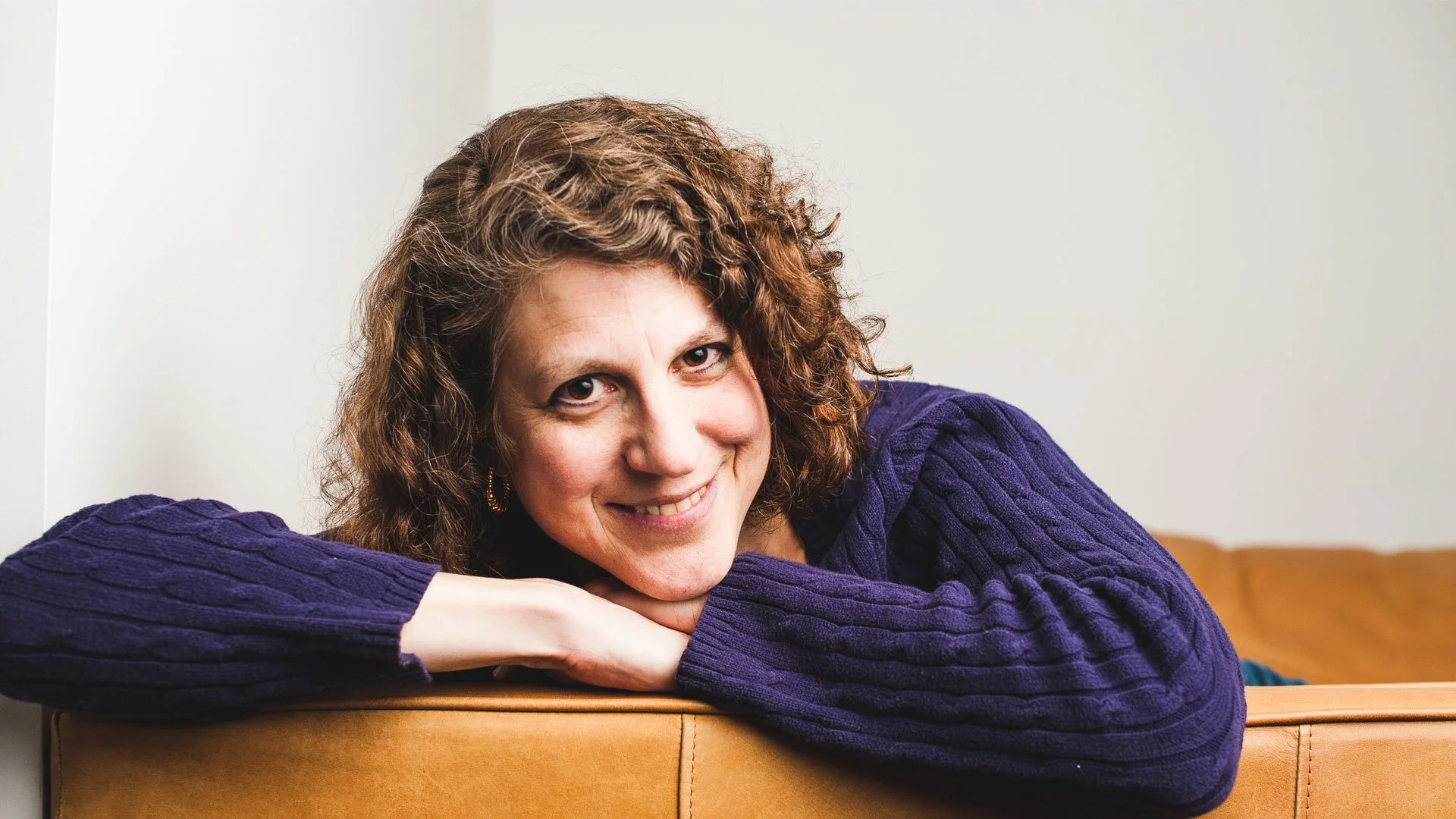Q&A with Nicolina Martin, Heat
/Hello Nicolina Martin. You are releasing your second novel, Heat, in a few days, the first in a new mafia series about the Russos, we want to know all about it, but first: tell us a little bit about yourself.
Hi! Well, I’m a Swedish born gal who has never written in Swedish, even though it’s my first language. I work as a radiologist, I’m a mom of three teenage girls and three cats. I live and breathe writing, and my mind works on plots and dialogue non-stop. I make a little space every week to sing in a gospel choir, I love my tiny little garden, and to drive my car really fast.
What inspired you to start writing?
A long time ago I wrote fanfiction. I wrote for several years and learned a lot about the trade, both through the instant response you get when you post chapter by chapter, but also through some brilliant authors I met, who are still my friends. Several of them have gone on to publish books. I always wanted to write a real book, that was my own, but didn’t think I had it in me, until I suddenly had. January 2018 my first story took off, and it’s actually Heat, but it’s had many, many versions between then and now.
How would you describe your genre and your favorite trope?
Sizzling hot romance with a ton of suspense and lots of darkness. Favorite trope by far is enemies to lovers. It’s built in to some extent, a little, or a lot, in most of my stories. There’s just something extra hot with that dynamic that gets my juices flowing. I mean creative! :)
What attracts you to the darker side of romance?
I don’t even see myself as that dark, but many say I am. I work a lot with emotions, and angst. The situations I put my characters in are tense, and sometimes they balance on the edge between life and death. That creates a certain darkness. What attracts me to it is that I get to play with all the feels and bring my reader, and myself, to the edge of the seat in agony before I give us some relief, and the happy ending of course.
How dark is too dark? Where do you draw the line and tell yourself, hell no?
Are you asking how dark I can write, or how dark my books can be? I think I can write the darkest imaginable. I’ll leave that up to your own imagination. I’m even thinking of creating a separate pen name, because there are things I’d love to explore. What you won’t find in my books is the hero tying up the heroine in a dank basement, torturing her until she loves him. That’s not my kind of darkness.
Now, tell us about the Russos. Who are they? How did you come up with them?
Oh yes! The Russo Saga. We’re embarking on a journey that I don’t know when and where it will end. Several books are lined up for publishing during 2019 and even more are being plotted as we speak. We get to follow a mafia family with sister and brother Bianca Russo and Luciano Salvatore at the helm. Bianca runs a business of organized crime in Chicago, and Luciano owns the whole west coast of the USA, with his seat in San Francisco. Bianca has five children, Christian, Nathan, Matteo, Luca, and Angela. There are also trusted co-workers and friend in this inner circle. Everyone will have their own book in due time.
First out is Nathan Russo who goes on a mission to exotic Dominican Republic. He meets innocent Sydney Lewis who goes there on vacation and sparks fly from the very first gaze. Nathan has a dark side to his persona as well as his sexuality, and Sydney gets to explore both her innermost desires as well as fears.
The Russos came to be when my friend and critique partner pointed at several works in progress I had last autumn and said: girl, these can all go together, they can all be a part of the same world. I saw what she saw and the rest is history. Within five minutes I had the whole backstory and clan made up. They begged to be written.
Is this a series that needs to be read in order?
Every book is a standalone, except for a duet that I’m working on at the moment. They won’t need to be read in any particular order. No single event depends on that you know what happened in the other books. There will however be an enhanced experience from reading them in the order I publish them, because you’ll get to know the whole cast a little more with each book as they make cameos in each other’s books.
Favorite authors? Who are your one-clicks?
Ohh, too many. I’m a huge fan of Stephen King and Jodi Picoult. I love Meghan March, Jennifer Bene, Addison Cain, Zoe Blake and Renee Rose. Lots
What can we expect in the future?
More of the Russos of course. Much more. I have material in my head that will keep giving us books through 2020. I hope to get to spend many, many hours with these enticing people, and to keep my readers on their toes. of good fun and hot power exchange in those!
Last, but not least: where can we stalk you?
Well, my home address is— just kidding. I mentioned my website www.nicolinamartin.com. I always keep it updated. You can find links to everything there, for instance make sure to follow me on Amazon and Bookbub. I’m very active on Facebook and have a great reader group https://www.facebook.com/groups/martinsmisfits/ Welcome to join!
I hope you’ll enjoy my new release Heat, and the dangerously hot Russo boys as much as I do!



















































